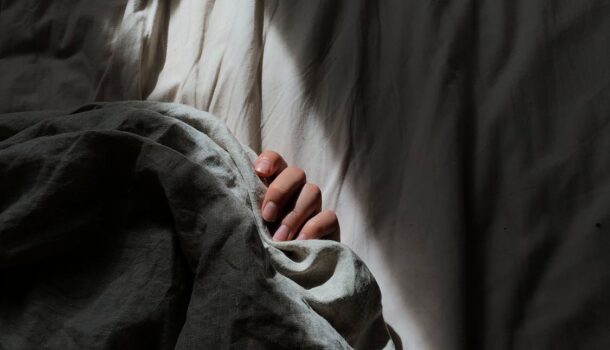Thirty five percent of U.S. adults report sleeping less than the recommended minimum 7 hours each night; 73 percent of teenagers say they get less than the recommended 8 to 10 hours of sleep for their age, according to the American Academy of Sleep Medicine (AASM).
Sunday, March 13 marks the beginning of Sleep Awareness Week. It’s also the day to move clocks ahead one hour as Daylight Saving Time begins.
Sleep is one of the pillars of a healthy lifestyle, along with a balanced diet and regular exercise. Kelly Schmidt, HSHS Sacred Heart Hospital Sleep Disorders Center Facilitator says sleep is when the brain and body disconnect from the senses, no longer allowing us to process information from the outside. In turn, sleep allows us to review activities and experiences from the day which strengthens memory; gives our organs time to rest; allows our immune system to scan for infections and fight illnesses; and allows a child or teenager’s muscles to grow.
“Sleep also helps us think more clearly and creatively, and improves mood,” says Schmidt. “And it keeps us safe by helping to avoid drowsy driving and accidents at work.” CLICK HERE FOR MORE INFO.
The term ‘sleep hygiene’ refers to a series of healthy sleep habits that can improve your ability to fall asleep and stay asleep:
- Limit the use of electronics one hour prior to bed to prepare bodies and brains for sleep
- Do not go to bed hungry
- Keep the bedroom temperature cooler than the rest of the house
- Avoid caffeine and alcohol four to six hours before bedtime
- If you don’t fall asleep after 20 minutes, get out of bed and do a quiet activity without a lot of light exposure until you feel sleepy


